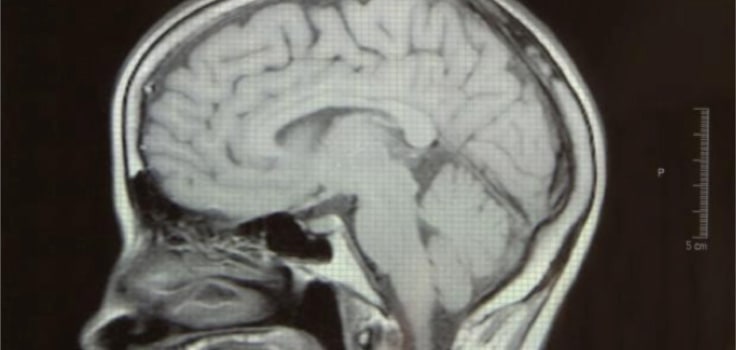Nancy Bazilchuk, a Norwegian freelance journalist, published the following article on sciencenordic.com. In it, Nancy explains that Swedish researchers have discovered a connection between the ability to learn new languages and the brain’s structure. Excel Translations does not endorse, recommend, or make representations with respect to the following content.
According to a Swedish study, the thicker the cerebral cortex, the better humans can understand the grammar of a language they had never encountered before.

Photo: Donna Beeler / Shutterstock / NTB scanpix
Researchers measured the thickness of the cerebral cortex in study participants and compared it to how these participants performed on language tests.
Researchers have long known that the brain changes when people learn a new language. But the relationship between the ability to learn a new language and the structure of the brain before the language has been learned has been a mystery until now, says Mikael Roll, a neurolinguist at Lund University in Sweden.
Roll and his colleagues made this discovery by measuring the thickness of the cerebral cortex of 44 study participants and compared the relationship between cortical thickness and performance on different language tests.
Area where grammar is decoded
A part of the frontal lobe in the left hemisphere of the brain is called Broca’s area, and is known to be involved in the understanding of grammar. Damage to the brain in this area causes Broca’s aphasia, which can cause people to have problems with grammar, among other issues.
The thickness of the cerebral cortex in the corresponding area in the right hemisphere had a relationship to how well participants were able to hear differences in pitch, which relates to the melody or “music” of the language.
The left hemisphere of the brain is typically more involved with language overall, while the right hemisphere is more involved in the experience of music.
Nature or nurture?
But does that mean that people are born with the ability to easily learn new languages?
“The thickness of Broca’s area changes a lot up until a person goes through puberty. But the thickness is also affected later in life, such as when a person learns a new language,” Roll said in a press release from Lund.
Roll believes that learning more about which areas of the brain are important in the ability to learn new languages could eventually be used to develop more effective methods of language learning.
The researchers will for that reason look at how the brain changes during learning, especially when it comes to the relationship between the melody of the language and the grammar.
Brain damage can cause language problems
In the long term, the researchers also hope to find a tool that can help people with aphasia. Aphasia is when a person loses his or her ability to use and understand words, even though their muscles and nerves are intact.
Aphasia is mainly due to an injury or illness in one or more of the language areas. The main causes of aphasia are head injuries, tumors, stroke and brain diseases such as Alzheimer’s disease.
Leave a Reply